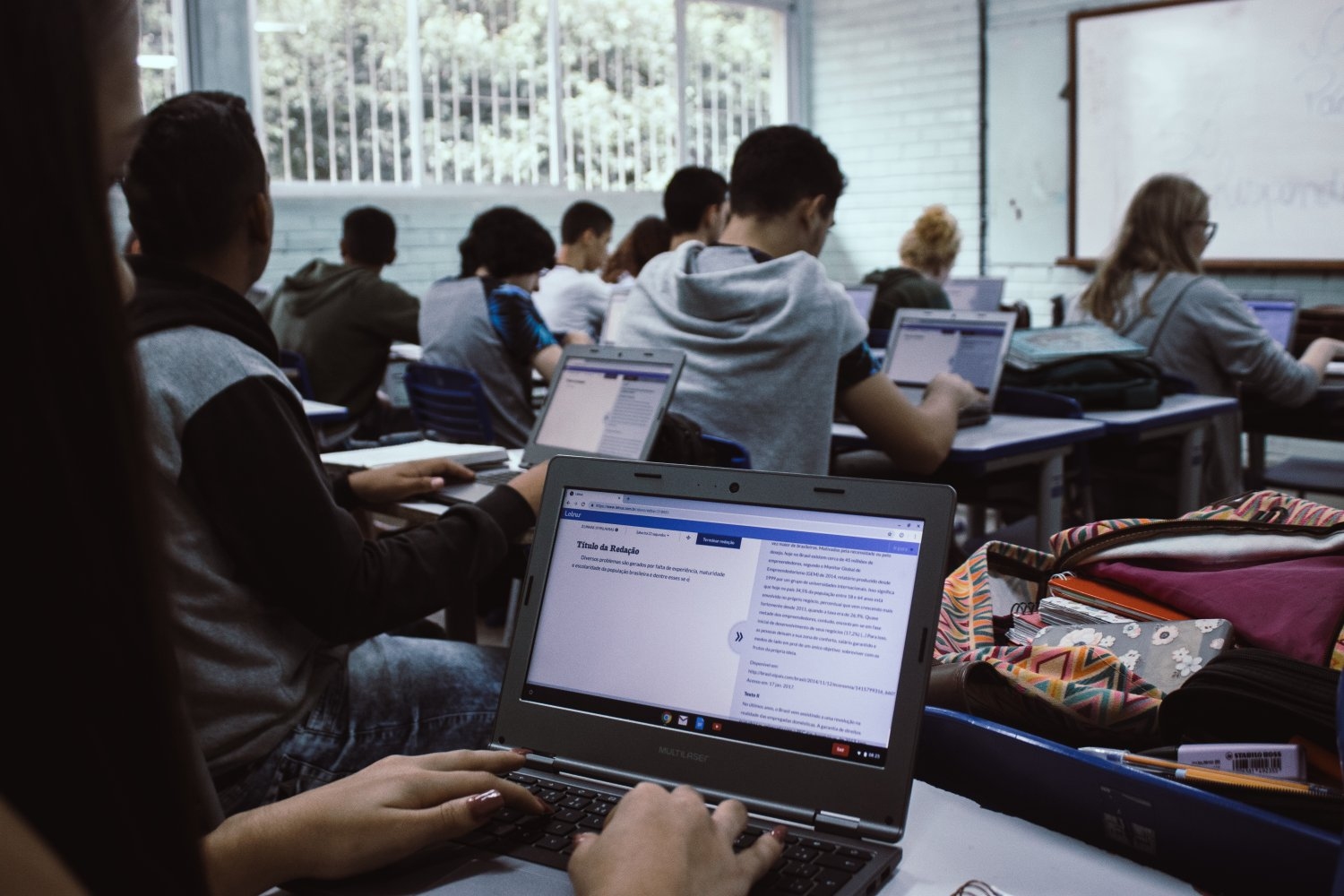AI for Social Good: Addressing Global Challenges
Explore how AI prompts address global issues. Discover innovative applications of AI technology for social impact.


In an era where AI's rapid advancement breeds both fascination and fear, the potential of this technology to address and resolve pressing societal issues frequently remains underappreciated. The dominant discourse often focuses on the potential drawbacks of artificial intelligence—privacy concerns, ethical dilemmas, and the looming fear of job displacement. However, the other side of the coin reveals AI's remarkable capacity to craft innovative solutions to some of society's most tenacious challenges.
Artificial intelligence, as demonstrated by recent research, has the capability to surpass mere computational excellence, evolving into a dynamic agent for societal good. This article delves into these multifaceted applications, revealing AI's potential to act as a catalyst for transformation across various social landscapes. Through comprehensive data analysis and real-world applications, the narrative of AI shifts—from that of a looming threat to a beacon of potential.
Challenging the Narrative
While it is essential to recognize the potential pitfalls of AI, confining the narrative to dystopian scenarios limits our understanding and appreciation of this technology's promise. One significant misconception is that ethical AI is inherently fraught with insurmountable ethical dilemmas and risks. However, research presents compelling evidence that AI, when ethically designed and implemented, can be a force for good (Cochrane Library, 2024).
Redefining Trust
Trust in AI systems can be built through transparency and education. By developing AI models that are explainable and by training users to understand AI processes, we can shift the public perception from trepidation to trust. This shift is crucial for AI's integration into various sectors, enabling broader acceptance and utilization (ScienceDirect, 2021).
Empowering Users
AI can empower individuals and communities by providing them with tools that enhance their ability to create positive change. For instance, localized AI applications can drive initiatives in public health, environmental sustainability, and education. This empowerment is a step towards democratizing technology, making it accessible and beneficial for all (McKinsey & Company, 2018).
The Role of Prompts in AI Solutions
The linchpin in the successful deployment of AI for social good lies in the effectiveness and thoughtfulness of the prompts used to guide its algorithms. With the right prompts, AI can extract insights and devise solutions that are not only innovative but also profoundly beneficial (National Center for Biotechnology Information, 2021).
Precision in Healthcare
By crafting prompts tailored to screening for rare diseases, AI can assist in early diagnosis, thus improving patient outcomes and optimizing resources. For example, AI systems can analyze medical images with high accuracy, offering diagnoses where human eyes might miss critical details (LinkedIn, 2024).
Educational Equity
AI-driven platforms, shaped by prompts that focus on identifying students' needs, can offer personalized learning experiences. This application democratizes education, making high-quality resources accessible to underprivileged communities. By addressing educational disparities, AI can contribute to a more equitable society (LinkedIn, 2024).
Environmental Stewardship
AI, directed by prompts that target environmental data, can forecast natural disasters and track pollution, thereby contributing to sustainable development goals. These capabilities are essential in the global fight against climate change, enabling proactive measures and informed decision-making (LinkedIn, 2024).
A Fresh Perspective
To overcome the fear-laden narrative surrounding AI, it is imperative to spotlight the tangible ways in which AI is already catalyzing social improvements. By viewing AI through the lens of sustainable technology, we can embrace a future where AI acts not as a harbinger of dystopia but as a beacon of progress. Consider the numerous AI solutions already fostering societal good:
Predictive Policing
Ethical AI can support law enforcement in resource allocation, leading to increased community safety while reducing bias and ensuring transparency. This application of AI helps create safer communities without compromising ethical standards (McKinsey & Company, 2018).
Smart Agriculture
Farmers are leveraging AI to optimize crop yields and manage resources more efficiently, addressing food security concerns while promoting eco-friendly practices. This integration of AI in agriculture is pivotal for sustaining a growing global population (ScienceDirect, 2021).
In closing, the potential of AI for social good transcends its role as a mere technological marvel, positioning it as a transformative agent capable of fostering societal growth and sustainability. The research cited, in conjunction with thoughtful, ethically driven prompts, highlights how AI can enrich various facets of human endeavor. By shifting the narrative from dystopian fears to constructive possibilities, we can pave the way for a future where AI's promise is fully realized and its contributions to societal well-being are both acknowledged and embraced.
References
- Cochrane Library. (2024). AI-Based Literature Review Tools - Research Guides - LibGuides. Retrieved from Cochrane Library
- ScienceDirect. (2021). How Artificial Intelligence affords digital innovation: A cross-case analysis. Retrieved from ScienceDirect
- National Center for Biotechnology Information. (2021). Artificial intelligence in nursing: Priorities and opportunities from an international invitational think-tank. Retrieved from NCBI
- McKinsey & Company. (2018). Applying artificial intelligence for social good. Retrieved from McKinsey & Company
- LinkedIn. (2024). Artificial Intelligence for Social Good: Addressing Global Challenges. Retrieved from LinkedIn























